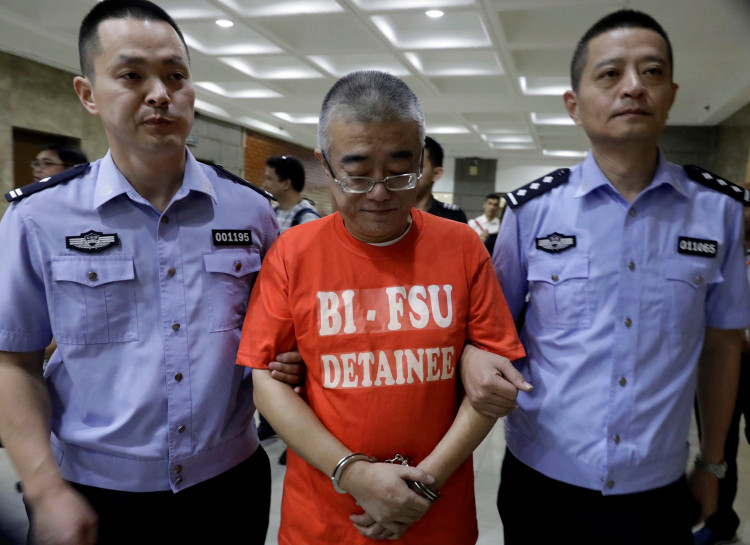In an act of goodwill, the Philippines has turned in a former government official wanted for crimes related to graft to Chinese authorities on Wednesday.
Xie Haojie, who had been hiding in the Philippines for about a year, was arrested on Sunday in Pasay City, Manila. He was immediately taken into custody after the raid and was handed over to Chinese authorities.
According to Radio Free Asia, Immigration Commissioner Jaime Morente said of the arrest, "The Philippines and China will continue to strengthen our cooperation in going after Chinese fugitives hiding in our country, including former government officials wanted for corruption."
Xie is said to be evading prosecution over corruption crimes. Morente revealed that his Beijing counterpart requested the assistance of the Philippines' Presidential Anti-Corruption Commission (PACC) to help with Xie's case.
Now that Xie has been submitted to China, Morente pledged to include the ex-government official in the country's blacklist to keep him from returning to the Philippines for refuge. He added that the government will continue to arrest and surrender criminals who use the Philippines as a hiding place.
Meanwhile, ties between China and the Philippines appear to improve as the latter continues to provide cheap lessons for Chinese students who want to learn English as a second language.
Filipino teachers are increasingly becoming a favorite among Chinese students because they demand cheaper pay compared to native English tutors from the United States or Great Britain.
51Talk and First Future are among the most popular platforms where Chinese learners can find Filipino tutors who have a good grasp of the English language. While some parents still lean on native speakers, there are a good number of benefits that Filipino lessons can offer.
American teachers charge over 120 yuan for a 25-minute session while Filipino teachers only charge around 40 yuan, according to The Global Times.
Maintaining companies in the Philippines is also a good catch for Chinese entrepreneurs. The country shares the same time zone that China has, making it much easier to handle class scheduling tasks.
Late last year, Philippine President Rodrigo Duterte and Chinese President Xi Jinping signed an agreement to promote educational ties between the countries. Chito Sta. Romana, Philippine Ambassador to China, confirmed that the two presidents paved the way for 2,000 Filipino English teachers to teach in Chinese universities.
China and the Philippines have a couple of strings to tie but so far, things are getting in shape. Experts believe that the latest developments can build the foundation for stronger and more long-lasting collaborations.






